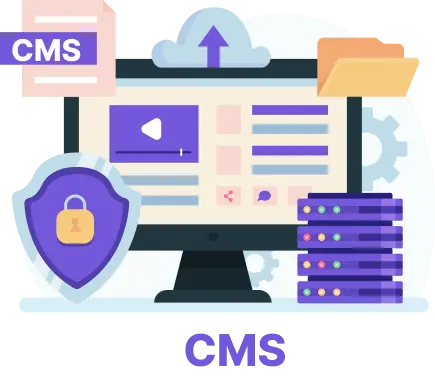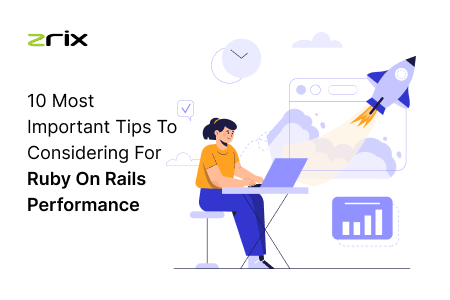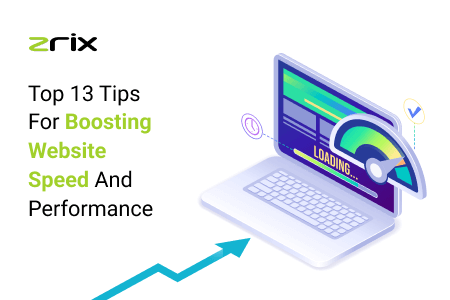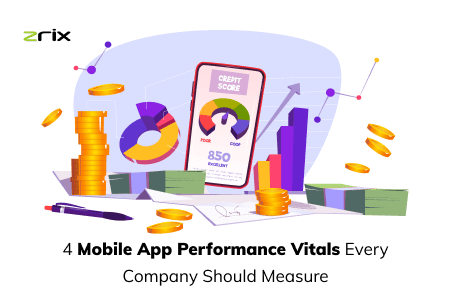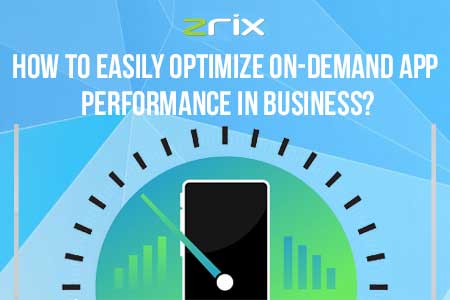GooglePage Speed Insights Can Help Optimize Your Website Performance
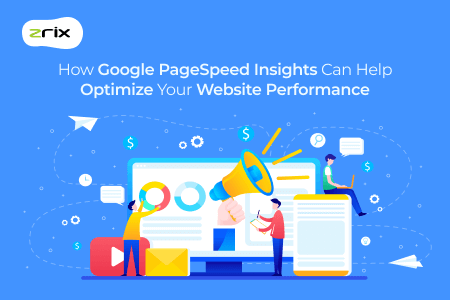
With regards to building a conversion rate and search engine optimized website, speed is pivotal. On the off chance that you don't have a fast website, individuals will bounce faster than getting converted online.
Thus, speeding up your website, i.e., website speed optimization is an important but not a simple job. Your concern could be anything from code that is composed ineffectively to images or huge page components.
You need to fix those issues, otherwise, Google will ding your website; you don't want it to happen. Today, in this article, we will disclose to you everything about the website speed test and website optimization techniques!
Quick Navigation
The faster your site loads, the lower the bounce rate. On the off chance that your site is fast, you have a superior shot at ranking on Google over slow sites that drive high bounce rates.
Fortunately, Google offers the PageSpeed Insights tool to discover what you need to fix. However, they don't give you the best guidelines on getting your score to 100%.
There is a genuine requirement for speed, and Google's free PageSpeed Insights tool is an awesome asset to help you find and fix the issues slowing your site down.
Today, you will see how to use the Google speed test, Google PageSpeed Insights, how it works, and how to optimize your website performance!
However, first, we should check -
Why Website Speed Matters?
There is an assumption for the web to be fast. As far back as 2010, Google affirmed page speed as a ranking element. Then, at that point, it "was focused on desktop searches," until a particular mobile PageSpeed update was carried out in July 2018.
While speed is one factor in the number of ranking elements, none of us need to superfluously lose business. Particularly for something that is typically inside our control.
Also Read: Boost Your ROI With Responsive Website Design And Development
Indeed, on analyzing 1 million Google search results, we did found a solid connection between site speed and Google rankings. Be that as it may, SEO to the side, we have effectively perceived how page bounces increase as the speed of a site slows down.
Without a doubt, a recent report by US digital marketing organization Portent showed "conversion rates drop by 4.42% with each extra second of load time (between 0 to 5 seconds)."
It additionally tracked down the initial 5 seconds of page load time that had the biggest impact on conversion rates. In case you're not previously focusing on speed as a performance metric, this present time's the opportunity.
"These are some common reasons identified by the Leading Web development company in the USA for a slow website speed - Large HTML page size issues, JavaScript & CSS total size, Uncached files, Redirect chains & loops, Unminified JavaScript & CSS files, Uncompressed pages, Javascript & CSS files, and Slow average document interactive time."
Google PageSpeed Insights: What Is A Good PageSpeed Score?
Regardless of whether you're not accomplishing 100/100, you can in any case have a fast-loading site. Keep in mind, PageSpeed, all alone, is certifiably not an immediate pointer of load time.
The probability is that you may never arrive at an ideal score, notwithstanding making extreme enhancements that emphatically impact the load time of your site. Center your endeavors and assets where they bode well.
As expressed by WordPress, "getting a 100/100 in Google PageSpeed Insights isn't that significant."
It is normally referred to as a typical fantasy that you need to score 100/100 for your site to perform well. Be careful that the genuine marker of performance for your site is its loading time, not a PageSpeed Insights score.
According to the Google speed test, a helpless score is somewhere in the range of 0 and 49, a normal one somewhere in the range of 50 and 89, and a decent score is 90+. Reach skyward, without a doubt; however, don't fixate on getting a score of 100.
See how the sites you are straightforwardly contending with on the SERPs stack up, somewhat. On the off chance that you have a faster load time and a superior PageSpeed score, yet still just score, say, 92/100, there is a decent possibility with your website.
How to Increase Google Page Speed?
Getting an ideal 100% on Google's PageSpeed Insights tool is no simple undertaking. It won't occur without any forethought, by the same token. You'll need to do some legwork and go through certain hours at the grindstone.
Be that as it may, assuming you need to save traffic, drive more conversions, and get more revenue, you need to do it. It could be drawn-out and tedious, yet you need those conversions. You can't be lethargic and can't leave traffic and profit on the table.
Also Read: How Website Design Services Helps In Online Lead Generation
Here are the best ways you can speed up your site and score an ideal 100% with Google:
Optimize Images: Images take a lot of assets to download, and they are frequently not appropriately optimized. Image optimization is maybe perhaps the most widely recognized reason why a web page has a slow load time and is regularly the best spot to begin making upgrades, as the increases in both load time and PageSpeed can be huge.
Use a Content Delivery Network (CDN): Using a CDN spreads the server load across various locations and uses the nearest one to the user to serve the resources. The nearer the data, the speedier the load time. WordPress CMS handles these naturally. Be that as it may, with some other CMS, you need to change physically.
Improve Server Response Time: Making upgrades to your server's response time isn't something that most can do. This should be possible by either decreasing the load or working on the equipment. Further developing server response time truly comes down to ensuring your site is facilitated on an incredible server.
"Some of the more tips to improve your Google website speed: Defer offscreen images, Use next-gen image formats, Minification, Minify HTM, Use AMP, Browser Caching, Clear up redirects, and finally, you can use PageSpeed Insights Tool!"
When Will You Start to Improve Your Site’s Speed?
There is no disregarding the significance of having a site that loads rapidly, and ideally, you are a little more clear on what Google's PageSpeed insights are, what it isn't, and how it works, just as how to approach working on your site's speed.
It is normally hard to realize where to begin. However, by setting aside the effort to get where you can have the greatest impact, you can begin to work with your developers to set up a focused game plan and make something happen.
Impact your site's SEO performance as well as convert users at a higher rate. Take help from a custom web design company in USA.
We wish you good luck in your online business journey!




